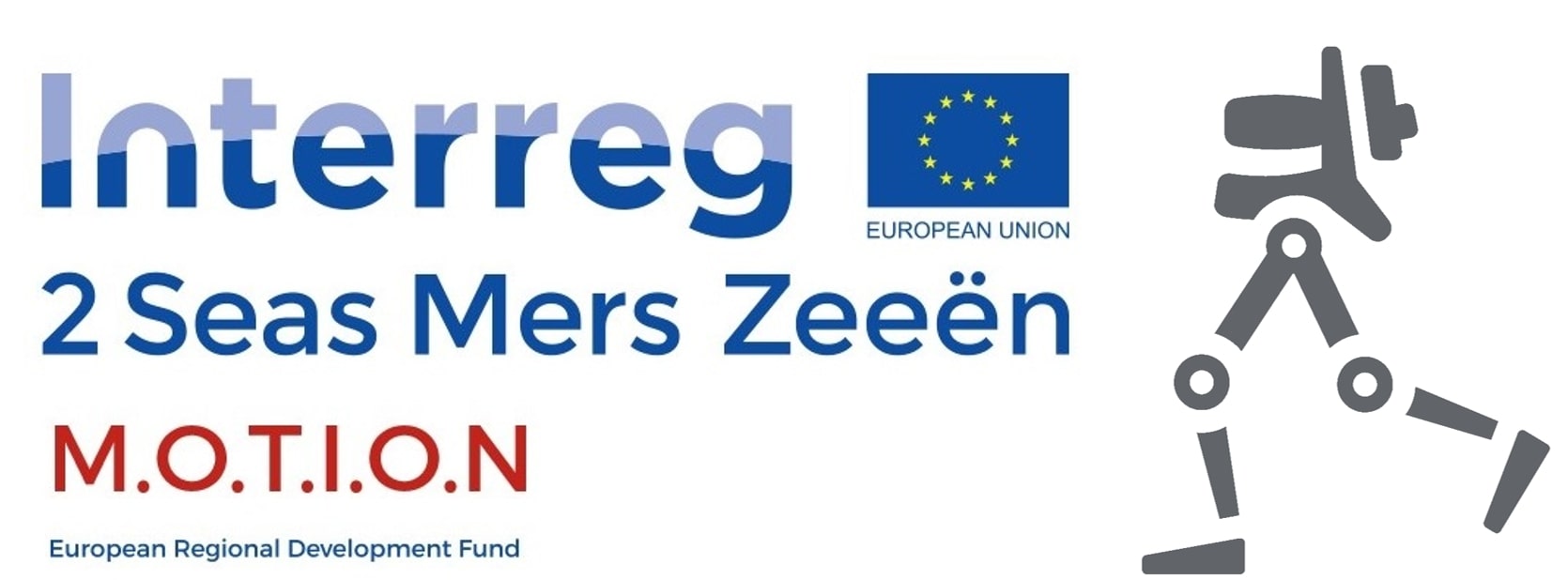
Staff in the centre are partners in a successful Interreg 2 seas bid worth €4.4M. The 4-year long project is entitled 'Mechanised Orthosis for Children with Neurological Disorders' (MOTION).
Overall objective
MOTION addresses two challenges:
Improve the quality of life of children with neurological disorders through advancements in development, validation and adoption of bionic rehabilitation technology.
Facilitate knowledge and technology transfer from research to industry, healthcare professionals, end-users and policymakers by setting up a transregional network.
Cross border approach
The project consortium brings together state-of-the-art expertise and capacity for evaluating and promoting new approaches in support of bionic rehabilitation technology. It combines technical and clinical partners and observers with decade-long experience and necessary skills to successfully execute the project. Four countries within the 2 Seas region are represented in the consortium (France, Belgium, The Netherlands's and the United Kingdom) by 15 partner organisations.
A multidisciplinary team formed by different expert profiles ranging from design, electromechanical, biomedical and computer science engineers to movement scientists and physiotherapists will develop, test and validate a bilateral lower limb exoskeleton prototype, a powered ankle-foot orthosis prototype and a smart garment prototype.
Contact details:
Dr Mark Goss-Sampson (gm03@gre.ac.uk)
Dr Mark Colpus (m.colpus@gre.ac.uk)